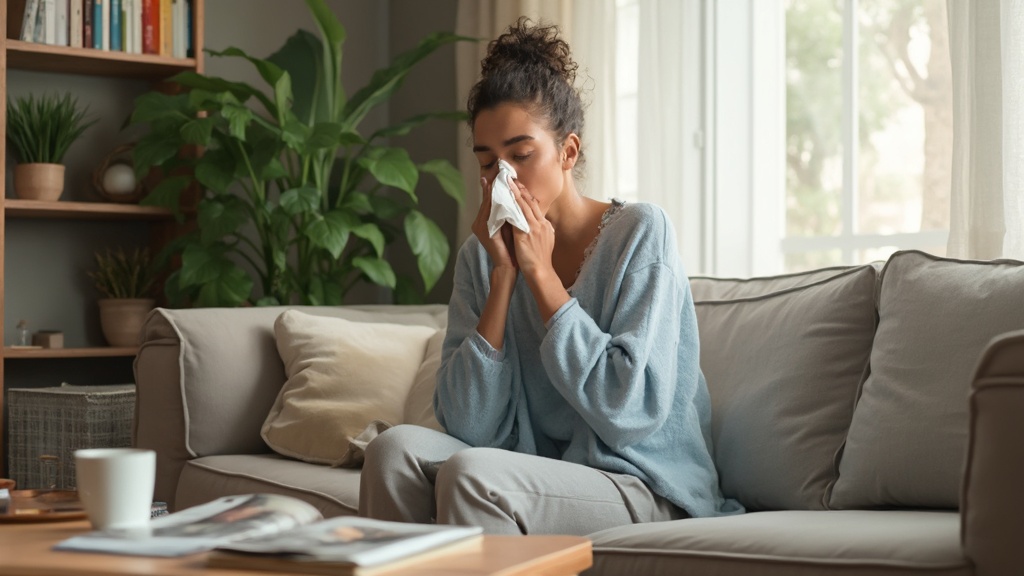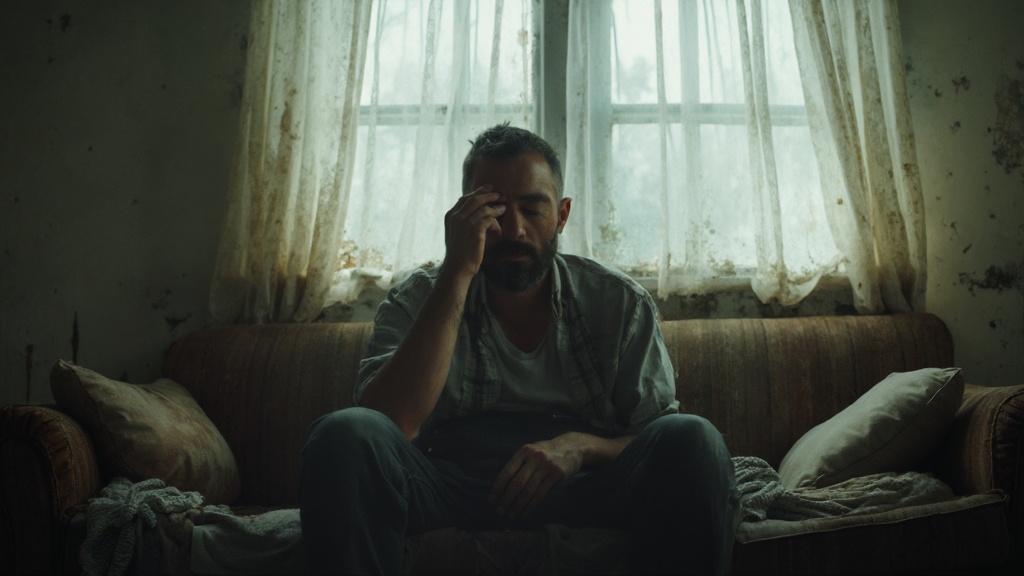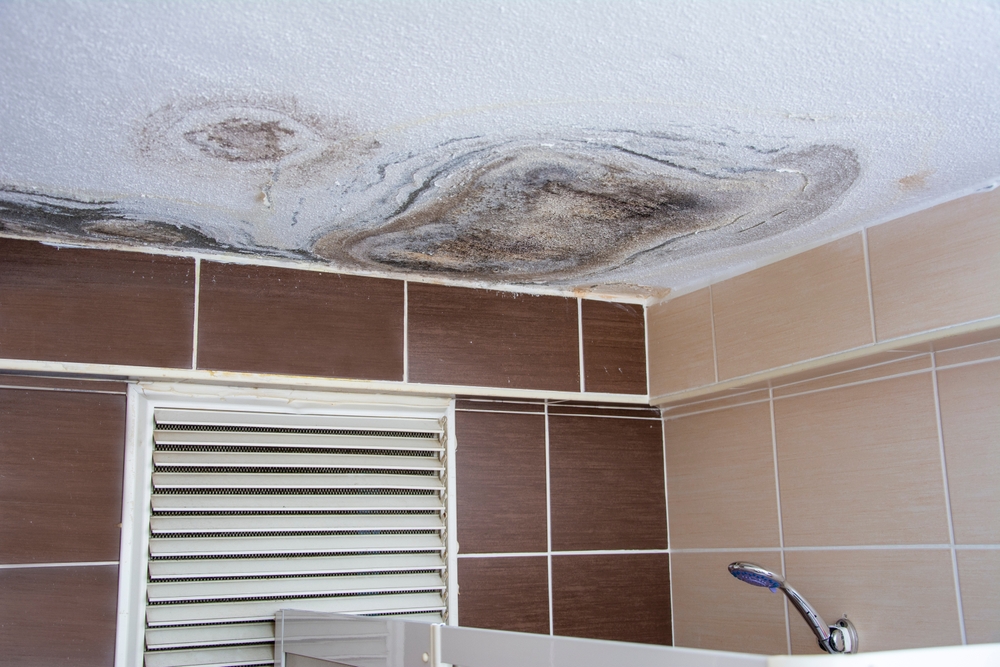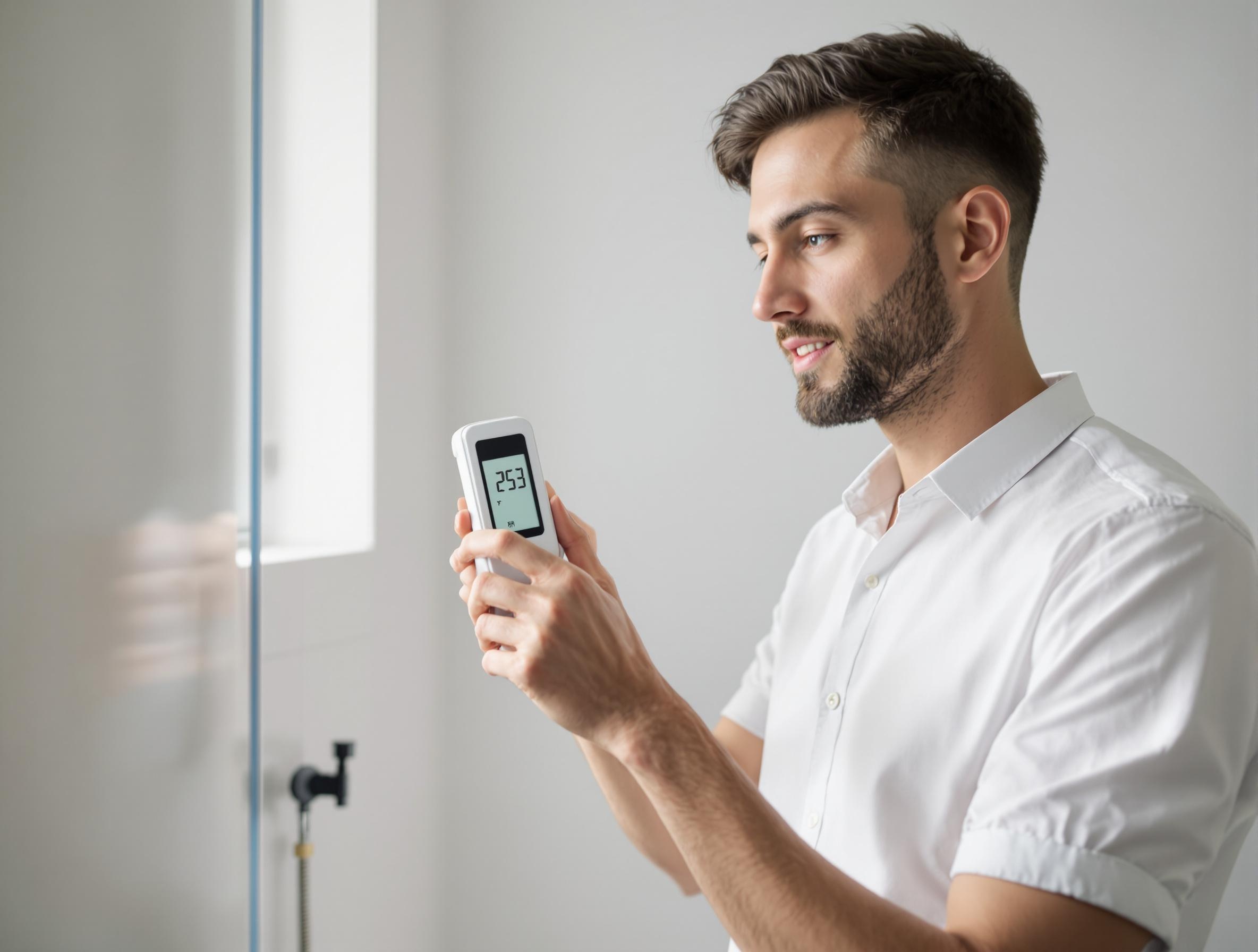7 Mold Allergy Symptoms and How to Address Them

An invisible threat might be lurking in your environment, capable of affecting your health without you even realizing it. That’s the reality of mold – with roughly 100,000 species, many too small for the naked eye to detect. Reactions to mold impact millions of people worldwide, manifesting in a variety of symptoms that can disrupt your daily routine and affect your breathing. From mild irritations like sneezing to more concerning issues such as asthma flare-ups, mold sensitivity can greatly affect your well-being.
At Mobile Care Health, we understand how challenging it can be to pinpoint the cause of persistent health issues, especially when mold-related symptoms are involved. As specialists in mold treatment, we offer comprehensive services, including expert black mold diagnosis and targeted interventions. Whether you’re experiencing occasional discomfort or ongoing respiratory concerns, recognizing these signs early is crucial for your health and comfort. Our caring team is dedicated to listening, supporting, and developing a personalized plan tailored to your unique needs, ensuring effective management and relief on your health journey.
What is a mold allergy, and why does it occur?
A mold allergy occurs when the immune system overreacts to inhaling mold spores. Mold is a type of fungus that can thrive indoors and outdoors in damp environments. Its tiny spores become airborne when disturbed, and people with mold allergies experience allergic reactions when they inhale these spores.
Why mold allergy occurs
Immune system reaction: In people with mold allergies, the immune system mistakenly identifies mold spores as harmful invaders. The immune system produces antibodies to protect the body, triggering the release of chemicals such as histamine, which leads to allergic symptoms.
Common triggers: Mold thrives in humid, damp conditions such as bathrooms, kitchens, basements, or areas with water damage. Mold types commonly cause allergies include Aspergillus, Cladosporium, Alternaria, and Penicillium.

What are the top symptoms of mold allergy?
Mold allergies can present a range of symptoms that often mimic those of seasonal allergies or respiratory issues. Individuals sensitive to mold may experience persistent sneezing, a runny nose, and nasal congestion upon exposure to mold spores. Eye irritation, characterized by redness and itching, is also prevalent, accompanied by coughing and throat discomfort.
In more severe instances, exposure can lead to shortness of breath, wheezing, or exacerbated asthma symptoms. Additionally, some people may develop skin rashes or suffer from ongoing fatigue. Recognizing these symptoms is crucial for effectively managing mold allergies and minimizing exposure to mold-infested environments.
A common misconception regarding mold toxicity is the reliance on urine tests for diagnosis. However, these tests are not accurate for determining mold allergies or toxicity. Urine tests can yield misleading results, such as false positives or negatives, which may lead to confusion about an individual’s condition. Accurate diagnosis of mold allergies typically requires a combination of detailed medical history, physical examinations, and specific allergy testing rather than solely relying on urine tests.
Fatigue
Many individuals exposed to mold report feelings of lethargy and an overwhelming lack of energy that can persist even after a full night’s sleep. This pervasive fatigue can make it challenging to focus, complete daily tasks, or engage in social activities.
Recent studies have suggested a potential link between mold exposure and Chronic Fatigue Syndrome (CFS), a complex condition characterized by extreme fatigue that doesn’t improve with rest and is often accompanied by a range of other symptoms, including muscle pain, cognitive difficulties, and sleep disturbances.
The relationship between mold and fatigue stems from the body’s immune response to mold exposure, which can create a chronic state of inflammation, further depleting energy levels.
Sneezing and mold allergies
Persistent sneezing is often one of the first signs that mold spores have infiltrated your living space. These tiny, airborne particles can easily enter your nasal passages, prompting an immune response as your body tries to rid itself of the irritants. When mold spores are detected, your immune system reacts by releasing histamines, which causes sneezing in an attempt to expel them from your respiratory tract.
While sneezing is a natural defense mechanism designed to protect your body, frequent or severe sneezing fits can be highly disruptive to your daily routine, making it difficult to focus or complete tasks. In some cases, this response may also come with other symptoms like a runny nose, itchy eyes, or sinus congestion, further aggravating the situation. Addressing mold exposure early on can help alleviate these symptoms and improve your overall well-being.
Mold-induced coughing
That persistent tickle in your throat leading to coughing might be more than just a common cold – it could be a sign of mold in your environment. When you breathe in these tiny airborne fungi, they can irritate your respiratory tract, triggering your body’s natural defense mechanism: coughing. This reaction is your body’s attempt to clear the airway and expel the unwanted particles.
Research from the Institute of Medicine has linked mold exposure to various respiratory symptoms, with coughing being a common response. Prolonged exposure can aggravate the respiratory system, especially for individuals with underlying conditions such as asthma, allergies, or compromised immune systems.
Itchy eyes from mold

Itchy eyes can be frustrating and uncomfortable, and they may indicate the presence of mold in your environment. Mold spores can provoke an allergic reaction when inhaled or come into contact with the eyes. This often results in inflammation and irritation of the eye tissues, leading to persistent itching, redness, and watery eyes.
This reaction occurs as your immune system identifies the mold spores as foreign invaders, prompting a release of histamines. While itchy eyes are a common symptom of various allergies, mold exposure can exacerbate this issue, most especially for those who are sensitive or allergic to mold.
Skin rash
A skin rash can be an alarming and uncomfortable symptom that may signal exposure to mold in your environment.
When mold spores come into contact with your skin, they can trigger an allergic reaction or irritate existing skin conditions, leading to redness, itching, swelling, and sometimes even blistering. These reactions vary from person to person, depending on individual sensitivities and the extent of exposure.
Mold-related skin rashes often occur in areas of the body that have been in direct contact with mold or mold-infested surfaces. However, systemic reactions can also lead to rashes appearing elsewhere on the body.
Nasal congestion
Feeling congested and unable to breathe freely? Mold allergies might be the culprit behind your nasal discomfort. When mold spores enter your sinus cavities, they can provoke an inflammatory response in your body.
This response leads to the swelling of the nasal tissues and increased mucus production, which can create a feeling of pressure and fullness in your sinuses. This reaction is part of your body’s natural defense mechanism aimed at trapping and expelling irritants, but it can leave you feeling uncomfortable and struggling to breathe.
Nasal congestion is often accompanied by other symptoms such as a runny nose, postnasal drip, and even headaches, which can significantly impact your daily life. In many cases, this congestion is associated with allergic rhinitis, a condition that affects not only the nasal airways but also the sinuses, ears, and throat.
At Mobile Care Health, we understand how nasal congestion can impact your daily life. We’re here to help you breathe easier and enjoy clearer sinuses with personalized mold treatment solutions tailored to your unique needs and living environment.
Wheezing and shortness of breath
Other mold allergy symptoms are wheezing and shortness of breath. These respiratory issues often arise when mold spores irritate your airways, causing them to constrict and produce excess mucus. For those with pre-existing conditions like asthma, these effects can be particularly severe.
In fact, more than 27 million Americans have asthma, and mold is a common trigger for symptom flare-ups. When inhaled, mold spores can cause inflammation in your lungs, leading to that characteristic whistling sound and the unsettling feeling of not getting enough air.
How to address mold allergy symptoms
If you’re experiencing symptoms of a mold allergy, there are several things you can do to alleviate discomfort and minimize exposure. Here are some key approaches to consider:
- Identify and remove mold sources: Begin by thoroughly inspecting your home for visible signs of mold, especially in areas prone to moisture, like bathrooms and basements. If significant mold growth is found, hiring a professional mold remediation service is advisable to ensure safe and effective removal.
- Control humidity levels: Use dehumidifiers to maintain indoor humidity levels below 50%, which can help prevent mold growth. Additionally, ensure proper ventilation in damp areas by using exhaust fans or opening windows to improve airflow.
- Regular cleaning: Frequent cleaning is crucial in reducing mold spores in your home. Dust surfaces and vacuum regularly using a HEPA-filter vacuum to effectively trap allergens and prevent them from circulating in the air.
- Wash fabrics: Fabrics can harbor mold spores, so it’s important to wash items like curtains, bedding, and upholstery regularly. This helps eliminate spores that may have settled and reduce the likelihood of allergic reactions.
- Limit outdoor exposure: Be mindful of local mold spore counts, particularly during humid weather or after heavy rain, and limit outdoor activities on days when counts are high.
- Use medications: Over-the-counter antihistamines can relieve sneezing, runny nose, and itchy eyes caused by mold allergies. For more persistent symptoms, nasal corticosteroids prescribed by a healthcare provider can effectively reduce inflammation in the nasal passages.
- Consult a healthcare provider: If symptoms persist despite home interventions, seek professional medical advice for further evaluation. An allergist can provide specific testing and may recommend treatments such as allergy shots or other therapies tailored to your needs.
- Adopt healthy habits: A balanced diet of can support your immune system and reduce inflammation. Staying hydrated is also essential, as water helps keep mucus thin and can alleviate congestion associated with mold allergies.
By proactively identifying and eliminating mold sources, keeping your environment clean, and managing your symptoms, you can greatly enhance your quality of life and lessen the effects of mold allergies.
Taking control of your mold allergies
Identifying and addressing mold allergy symptoms is crucial for enhancing your overall well-being. From persistent sneezing and coughing to unexpected skin rashes and chronic fatigue, these symptoms can disrupt your daily life. By implementing targeted strategies to minimize mold exposure and seeking specialized care, you can find relief from mold-related symptoms and reclaim your health. It’s important to remember that each person’s experience with mold allergies is unique, making personalized treatment essential.
Don’t let mold allergies limit your potential. Connect with Mobile Care Health today to discover how our state-of-the-art, individualized care can transform your health journey. As experts in mold treatment, we offer black mold diagnosis and customized treatment plans designed to eliminate mold and alleviate your symptoms.
Take the first step towards revitalized health and improved quality of life – your path to innovative, personalized healthcare begins here.
Articles on this site are for general education and do not substitute for professional medical advice. Consult our providers for personalized recommendations.




